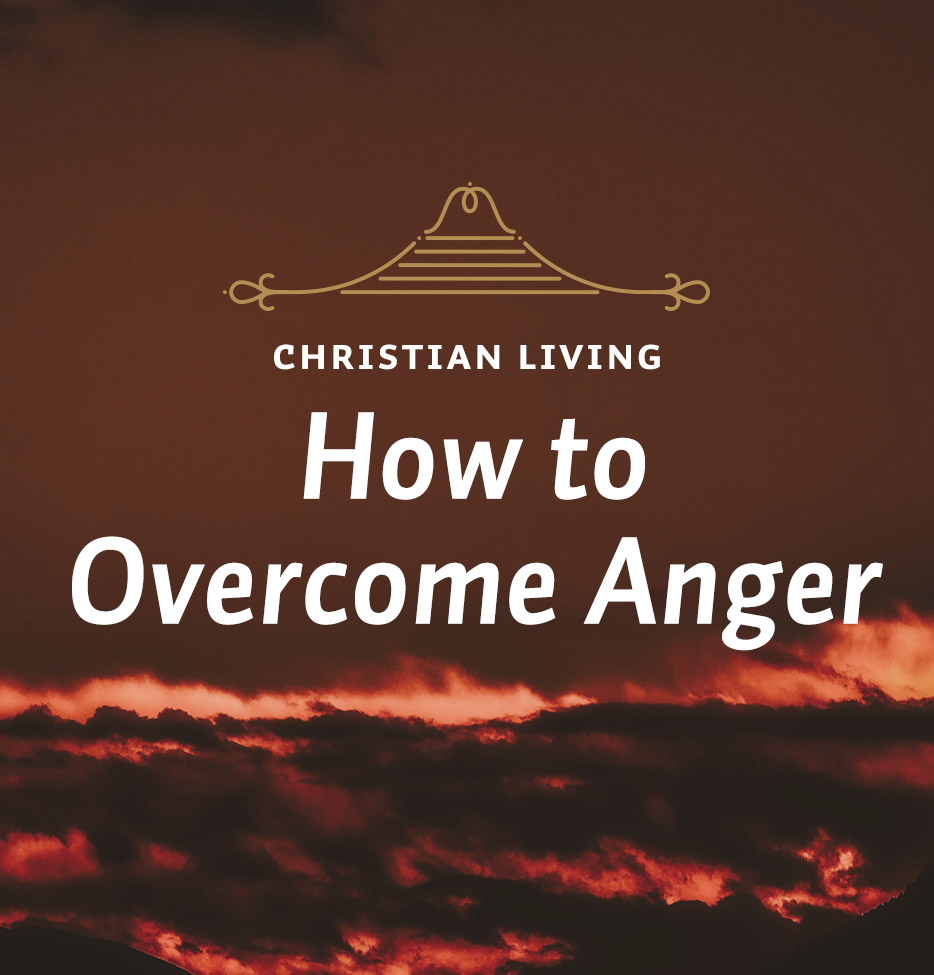Now obviously, such a definition of murder—extending to unjustified anger and to expressions of contempt—searches to the depth of our beings, and to the things that we say when we are angry. There’s a difference between righteous anger and unrighteous anger. Jesus Himself spoke in righteous anger against the hypocritical stand taken by the so-called leaders of His day.
There is also a difference between impatience and the vilification of another verbally. But it is not very often that our anger is righteous, and it does not generally stop with our being impatient.
So the question is, “Do we commit murder?” And the answer is yes we do, according to this definition. We lose our tempers. We harbor grudges. We gossip. We kill by neglect, spite, and jealousy. Besides, if only we could see our hearts as God is able to see them, we no doubt would realize that we actually do worse things. It’s no accident that even in our own speech such things sometimes are termed character assassination, and we speak of destroying a person by words. Now this is literally true. And when Jesus said that, He also indicated that as Christians we are to overcome our anger.
Now these verses go on to show in a far more positive way what the cure of anger is. And the first step in that cure, according to Jesus, is to admit that we do get angry. We must recognize the fault first of all, and not be like the man who thought that he never did get angry, even though he often did. You would think, wouldn’t you, that such a point would be obvious and that anyone would do this naturally. It’s not obvious, even though modern psychiatry teaches the same thing. The subtlety of the human mind prevents it. A man can do the worst possible things—kill, cheat, steal, commit adultery, and so on. But when he is brought face to face with his actions, he’ll find a dozen reasons why these were not wrong at all, or why it was necessary for him to do them. We sin, but we cover up the sin. We refuse to acknowledge it even to ourselves.
Occasionally when I’ve had an opportunity to speak along these lines, I’ve referred to stories told by Dale Carnegie, in his very popular book How to Win Friends and Influence People. Carnegie’s stories are better than any that I’ve read, and they came at the very beginning of his book. And his point is that we should never criticize people because people never criticize themselves. I’m not sure that that point is entirely valid. But his stories certainly illustrate what I’m saying.






